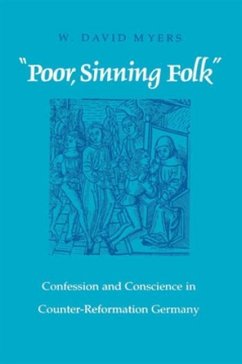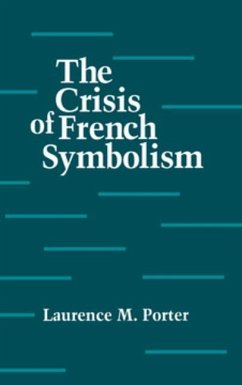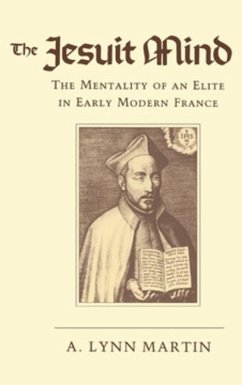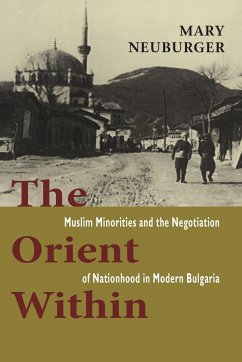A series of rebellions in the small, impoverished Black Forest lordship of Hauenstein between 1725 and 1745 provide David Martin Luebke with evidence for a new and more nuanced view of peasant action and discourse on power and community. In the rebellions called the Salpeter Wars, the peasants of Hauenstein sought to curtail the expansion of centralizing bureaucratic powers that were eroding traditional local autonomies. They could not agree how best to resist and two factions emerged, the quarrels between them escalating finally into civil war. After twenty years of bloody feuding, several lawsuits, three Austrian military invasions, and half a dozen rebel attempts to engineer the personal involvement of the Emperor, the Salpeter Wars ended with the destruction of precisely those autonomies that Hauenstein's peasant elites had set out to defend.
Luebke challenges the dominant paradigm on peasant rebellion which holds that social integration and political solidarity characterize the peasant village and structure its rebel activity. He argues for a concept of the peasant community flexible enough to accommodate the divisions characteristic of early modern peasant society. State building, combined with a long-term trend toward social stratification among peasants, rearranged patterns of mutual dependency between rulers and subjects in ways that often created factional rifts among the subjects. In His Majesty's Rebels Luebke elucidates the dynamics of peasant rebellions.
Luebke challenges the dominant paradigm on peasant rebellion which holds that social integration and political solidarity characterize the peasant village and structure its rebel activity. He argues for a concept of the peasant community flexible enough to accommodate the divisions characteristic of early modern peasant society. State building, combined with a long-term trend toward social stratification among peasants, rearranged patterns of mutual dependency between rulers and subjects in ways that often created factional rifts among the subjects. In His Majesty's Rebels Luebke elucidates the dynamics of peasant rebellions.
Dieser Download kann aus rechtlichen Gründen nur mit Rechnungsadresse in A, D ausgeliefert werden.









